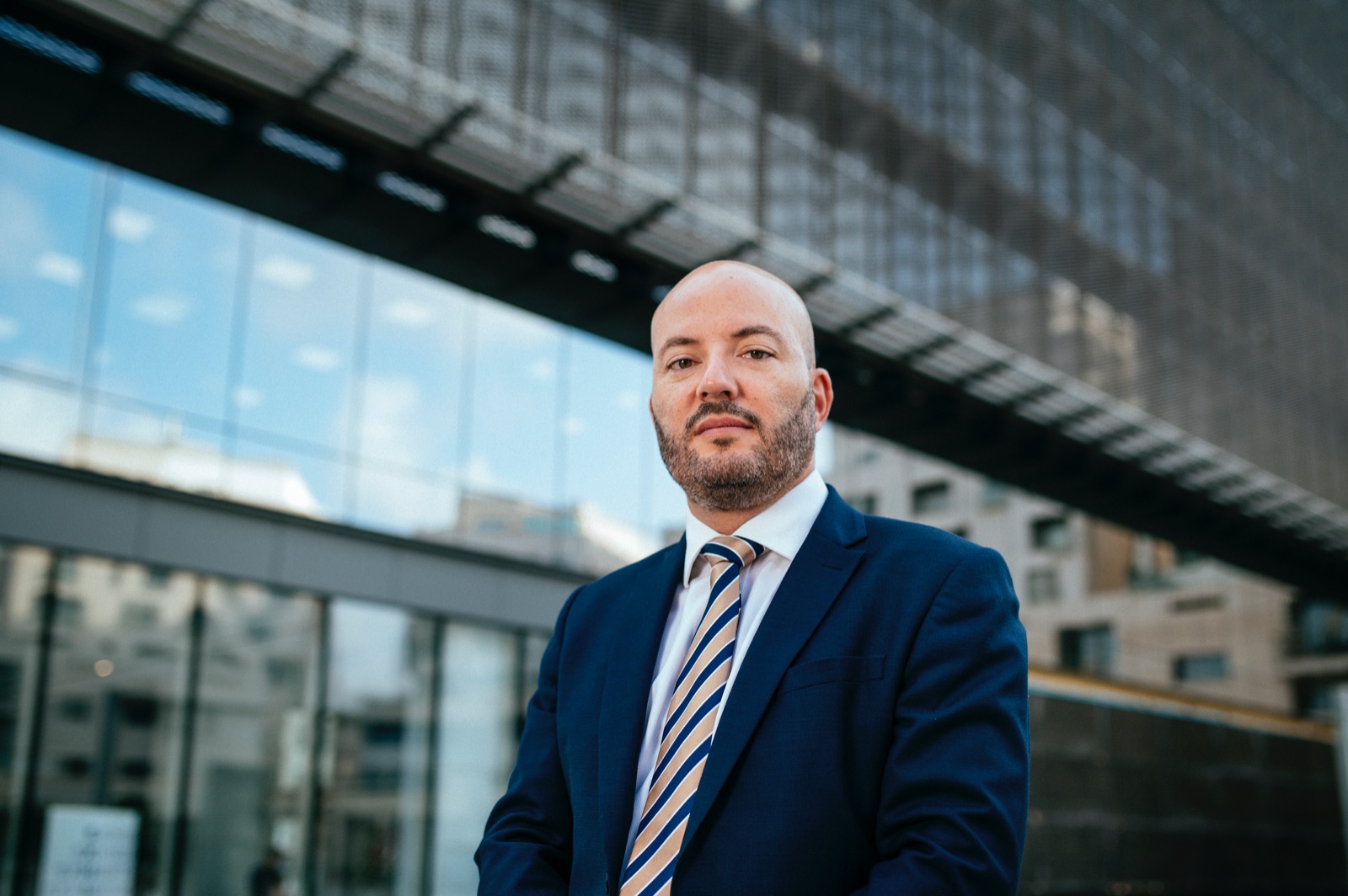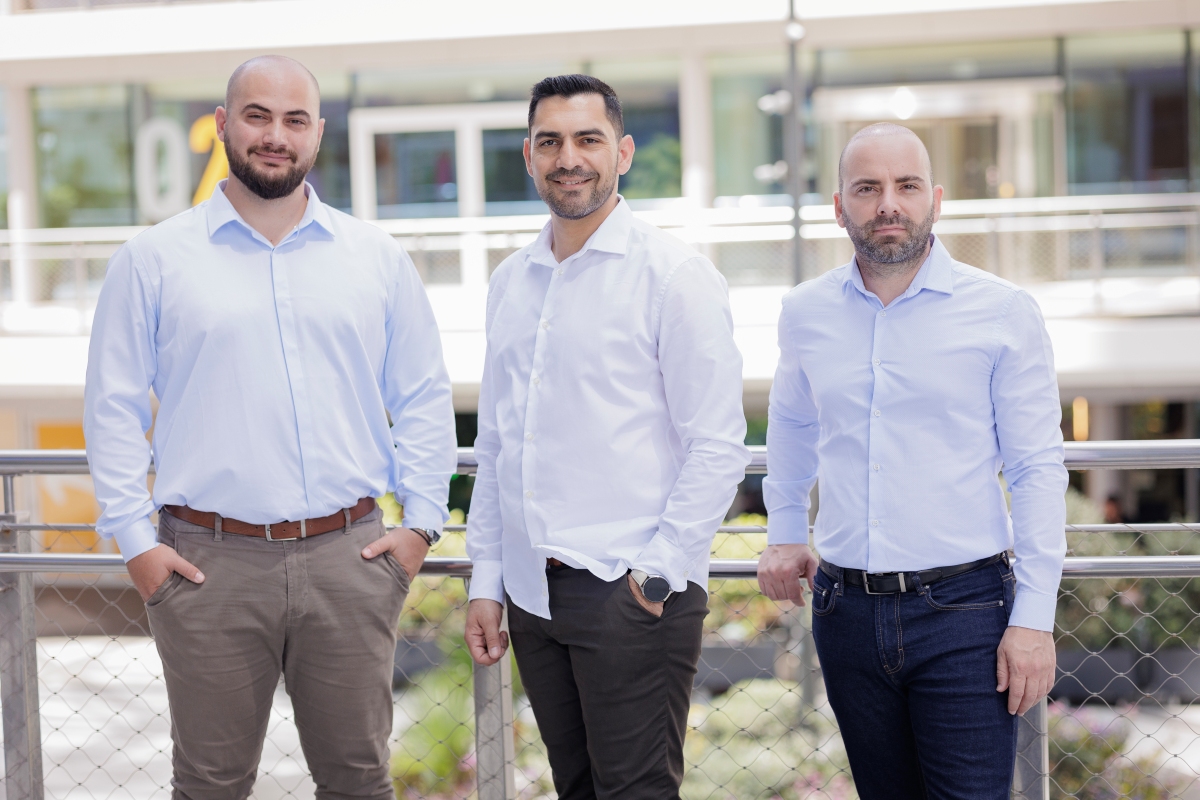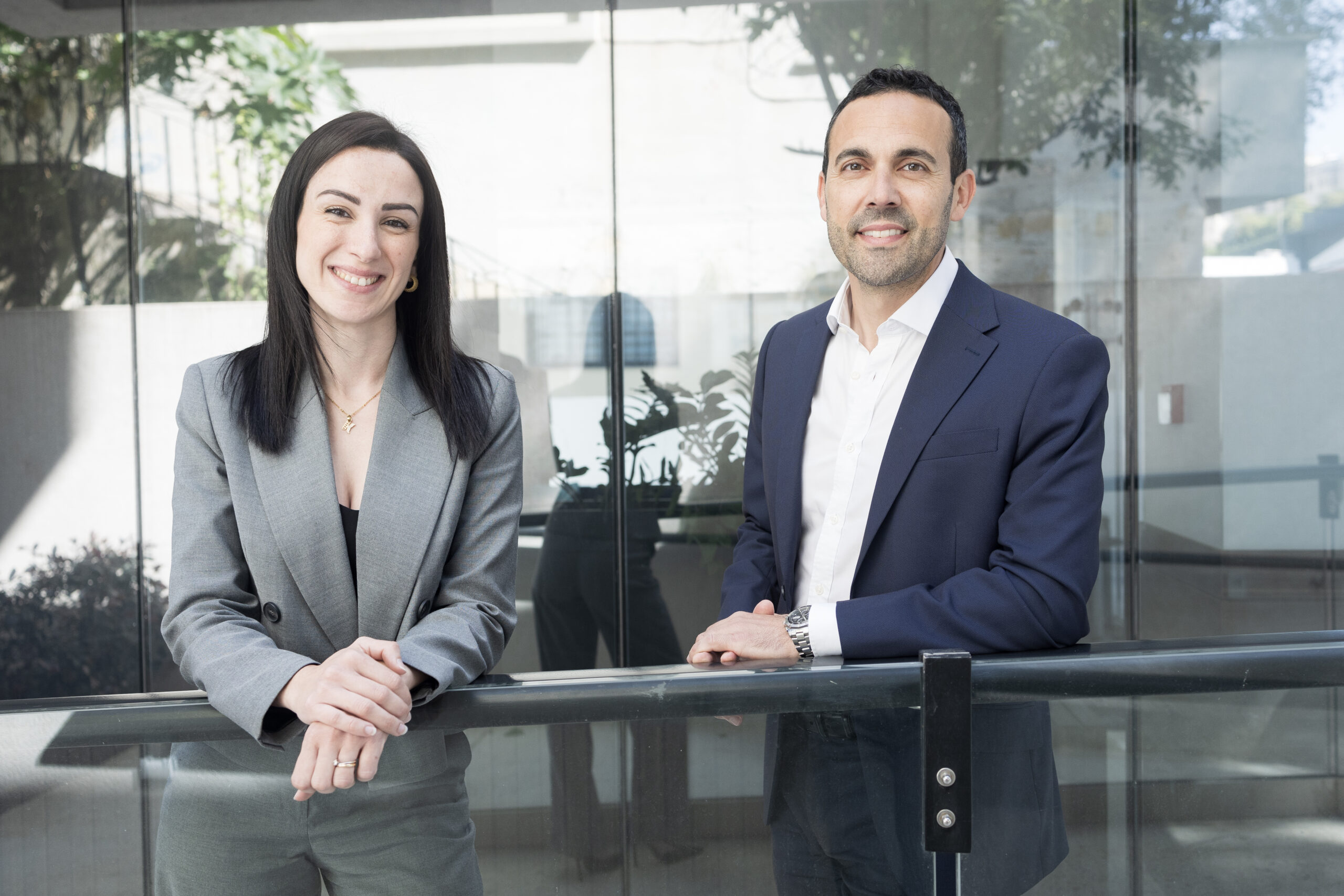Family businesses must prepare to be strongly tested by the new and very real war for talent, despite their historical advantages at employee retention and natural resistance to turnover, according to Family Business Office regulator Joseph Gerada.
During the last couple of years, amid the reality of the pandemic, Dr Gerada observes that family businesses have drawn from their wells of resilience in many ways, innovating, engaging a wider set of family members, and adapting their business more quickly than many would have thought possible.
“These transformations don’t happen by accident and, together, they point to an underlying truth: more often than not, family businesses are guided by purpose, values and a long-term view,” Dr Gerada says. “When harnessed appropriately, these attributes create the will, the space and the mandate to adapt in order to survive and thrive – not just today but for generations to come. These same virtues equip families to hold onto their people, even against the forces of today’s mass exodus.”
Exploring ways family businesses can best leverage their inherent strengths in the face of these challenges, Dr Gerada notes that purpose and meaning top the list of reasons why people stay at their jobs – trumping compensation, work-life balance and even flexibility. “Purpose may be clear to you but invisible to others,” he advises family businesses. “Make it explicit. Even values that course through the veins of family businesses sometimes go unnoticed in the day-to-day.”
Similarly, roles can get muddy in any organisation, but particularly in family businesses where the boundaries between family members, owners and employees are sometimes obscured by history or unique dynamics. “Roles and expectations need to be clarified and clearly defined,” Dr Gerada explains. “Employees are leaving jobs where they feel they can’t be effective, so family businesses need to help them become more so!”
Development opportunities also need to be made explicit, Dr Gerada says. With few family businesses being able to differentiate themselves on compensation in the current inflated environment, focus needs to be concentrated on the other things that keep people in jobs, including the opportunities for development and learning, he explains.
Nevertheless, he warns, despite any measures that family businesses can take, no one is completely immune to turnover, making it vital for businesses to ensure backup by widening their talent pool. “During the pandemic, we saw family businesses reach further into their family and networks to generate interest and opportunity for a wider pool,” Dr Gerada notes.
He recommends using family meetings to highlight ways even less typical skillsets could have a role, and asking employees to reach into their networks. “Family businesses have a unique story to tell, and many will be interested,” he says. “The trick: How can you always be recruiting?”
More broadly, Dr Gerada believes talent has become even more of a top strategic issue for family business success, and that talent spotting must be made a boardroom priority. “Family businesses continually revisit the strength and focus of their governance – both corporate and family,” he says.
His advice is for the family business board to constantly review key leading HR indicators, such as undesirable turnover, retirements, new hires and offer acceptance percentages.
“While employers scramble to fill massive labour shortages and to up their recruiting game, family businesses can look inward and draw on their unique strengths to combat the current war on talent,” Dr Gerada concludes. “It takes work and creativity, but it should come naturally to family businesses that lead with purpose and have both history and the future in view.”
For more information, contact familybusinessact@gov.mt
Malta’s next leap: Secured
How ESET delivers enterprise-grade security to meet Malta’s digital ambitions
Mastering the language of business: How BELS is crafting bespoke training for a dynamic economy
BELS Malta Director of Studies Arianna Muscat on how the language school helps companies equip their teams for success.
Built differently – CLA Malta offers custom solutions in a cookie-cutter landscape of tax advisory and business
Their client-centric philosophy extends far beyond conventional consultancy.






